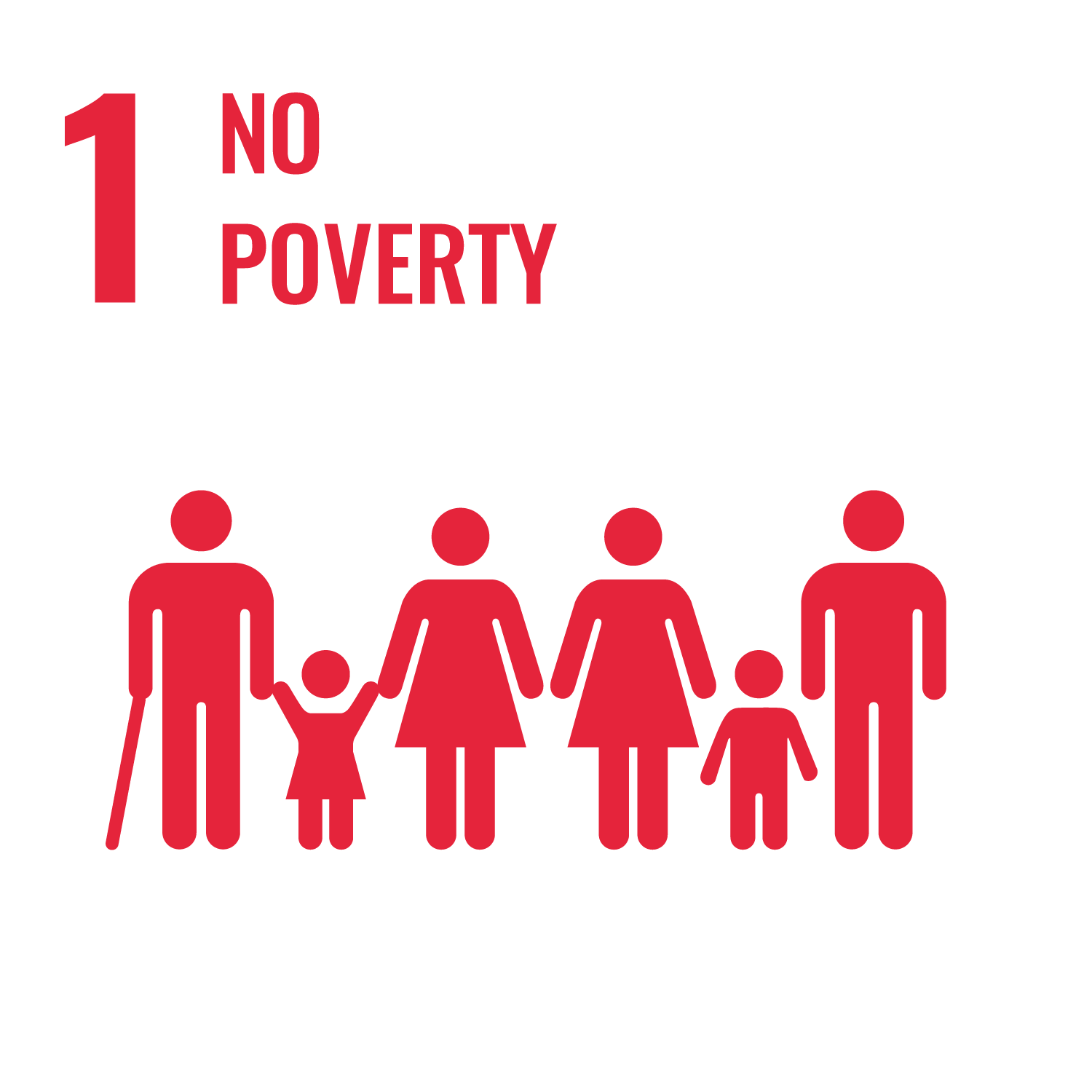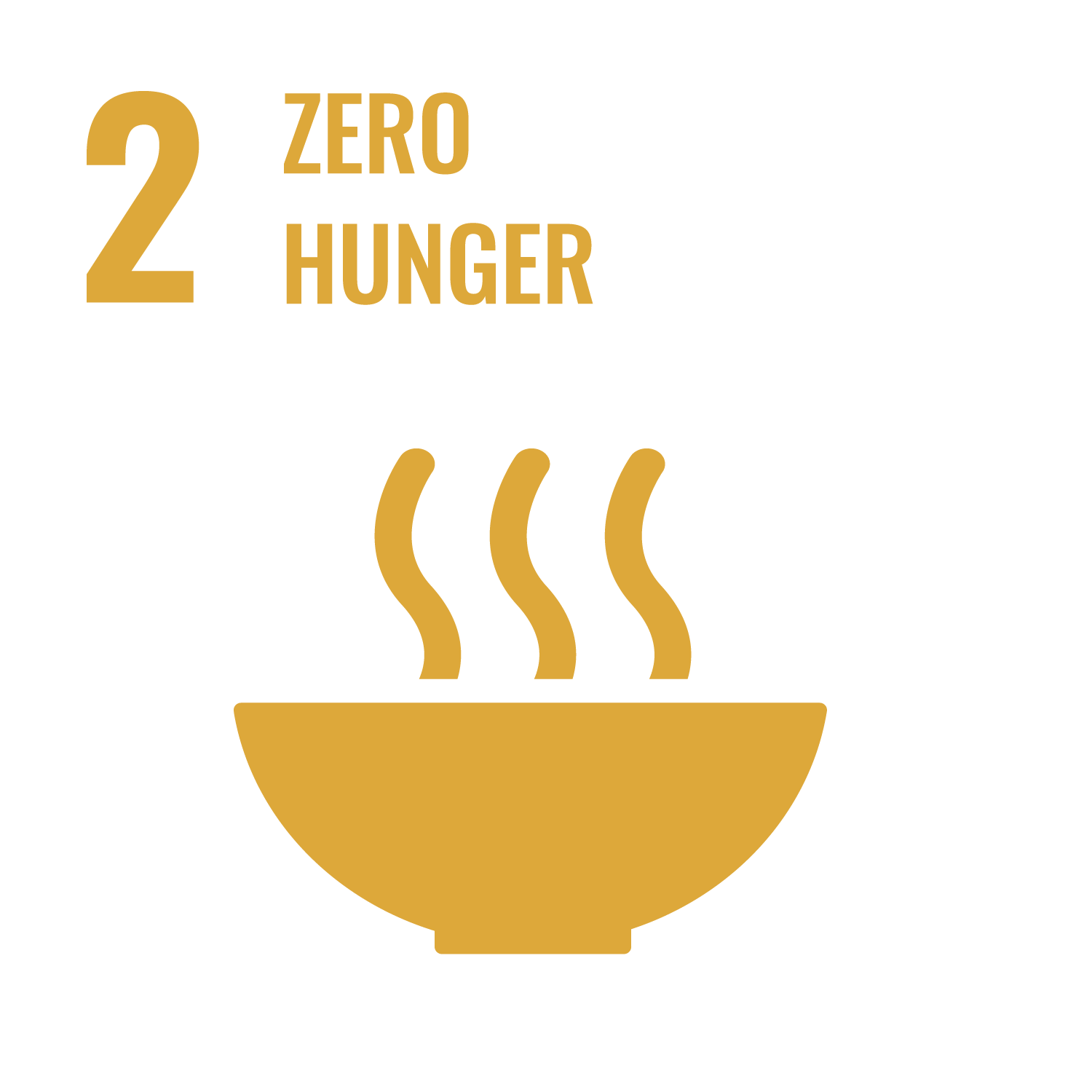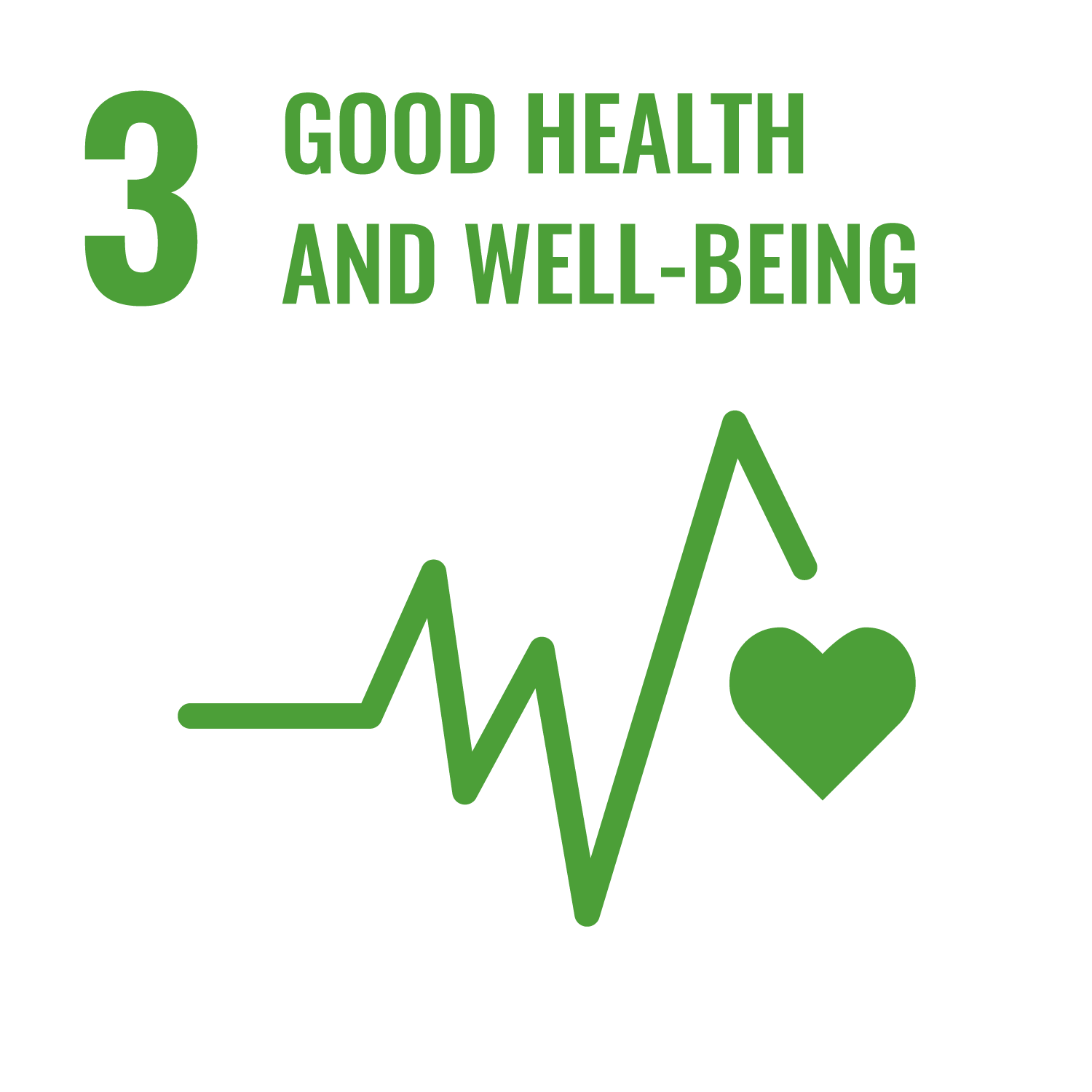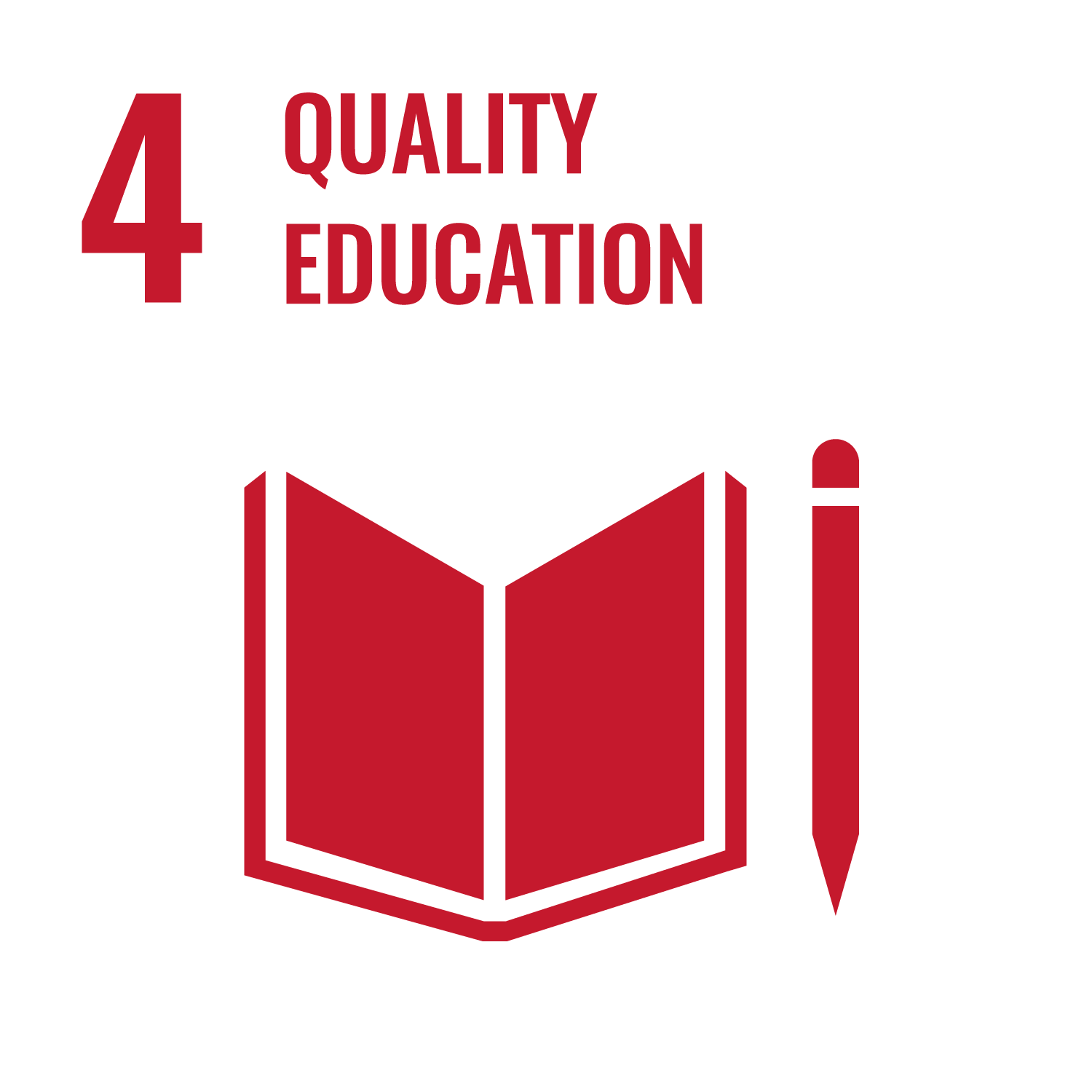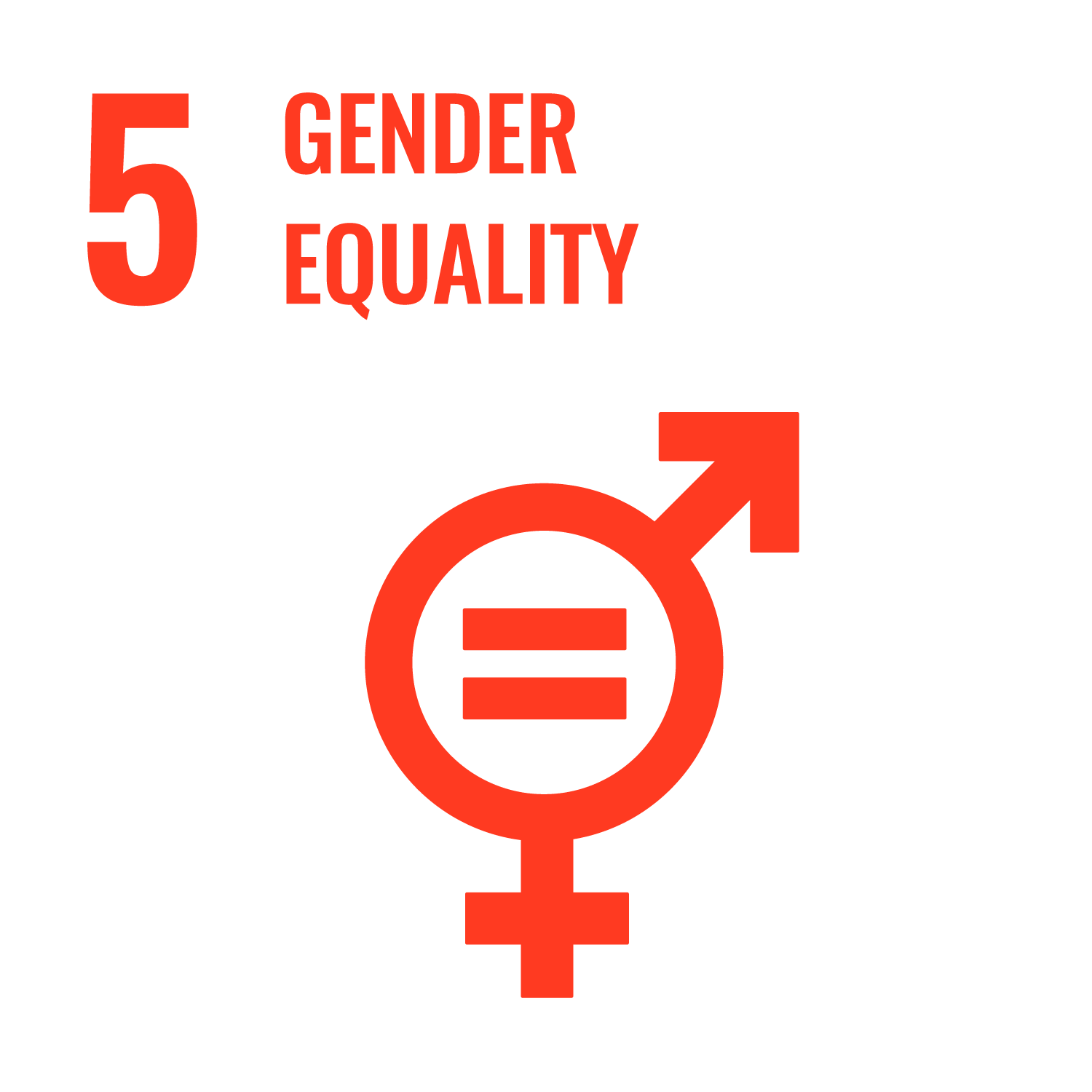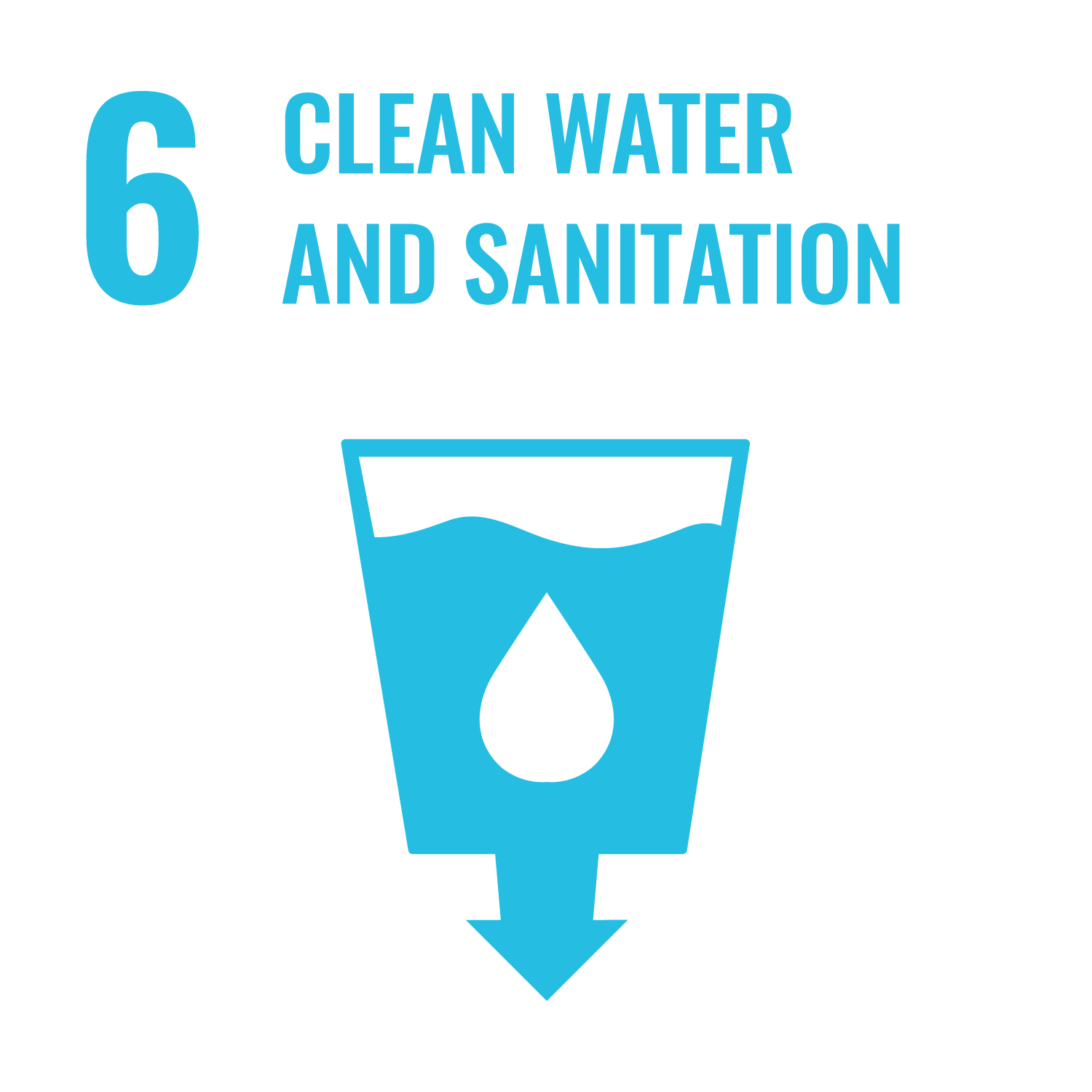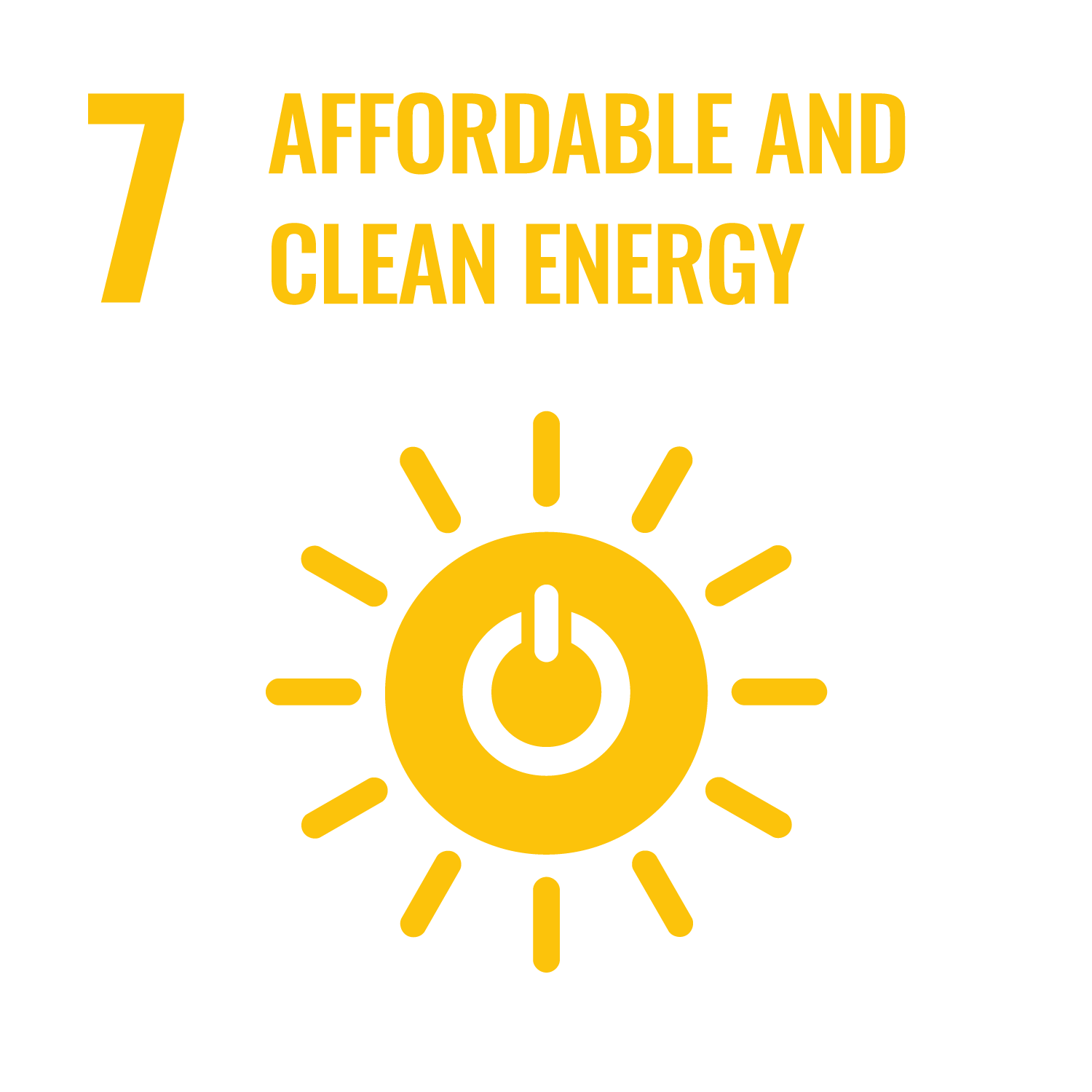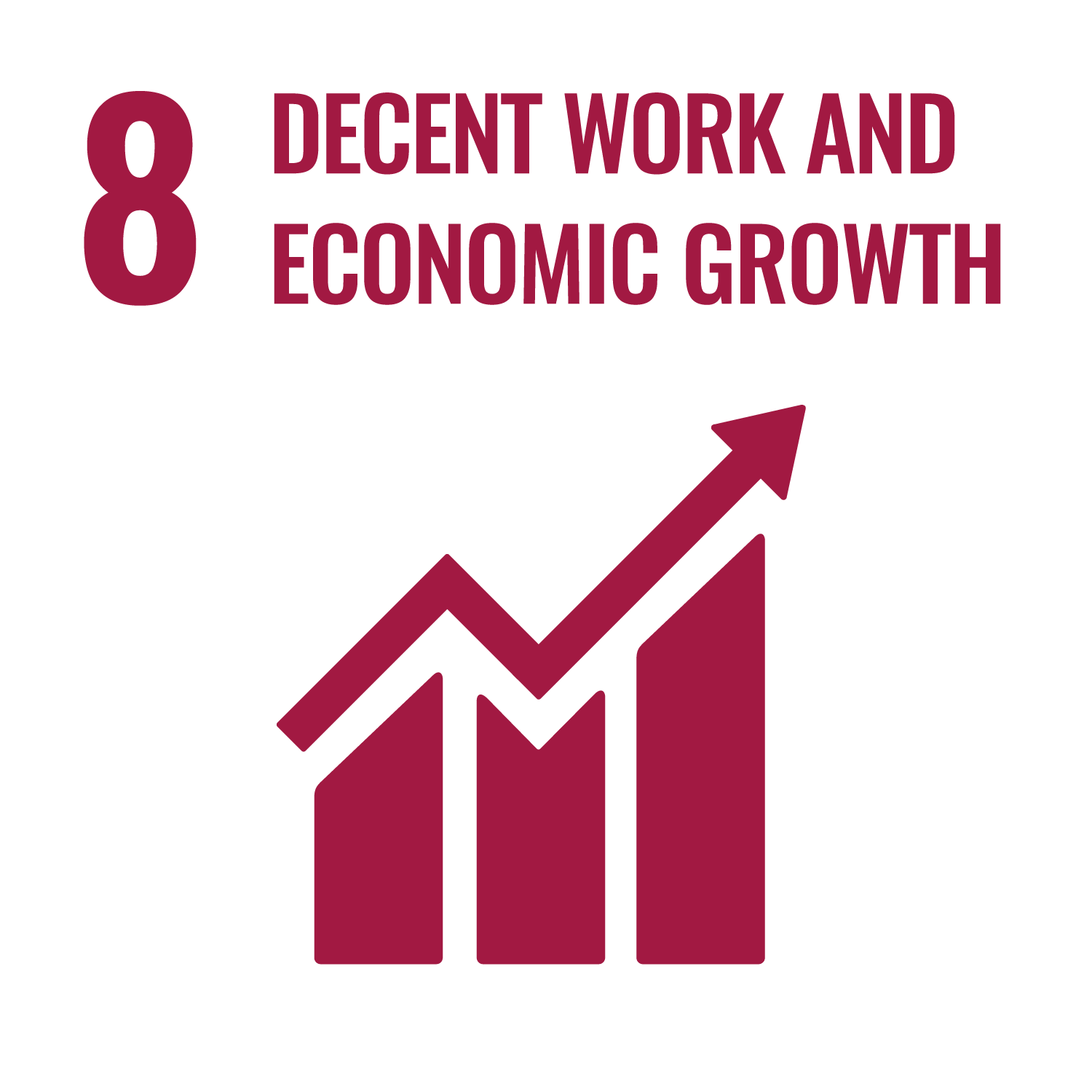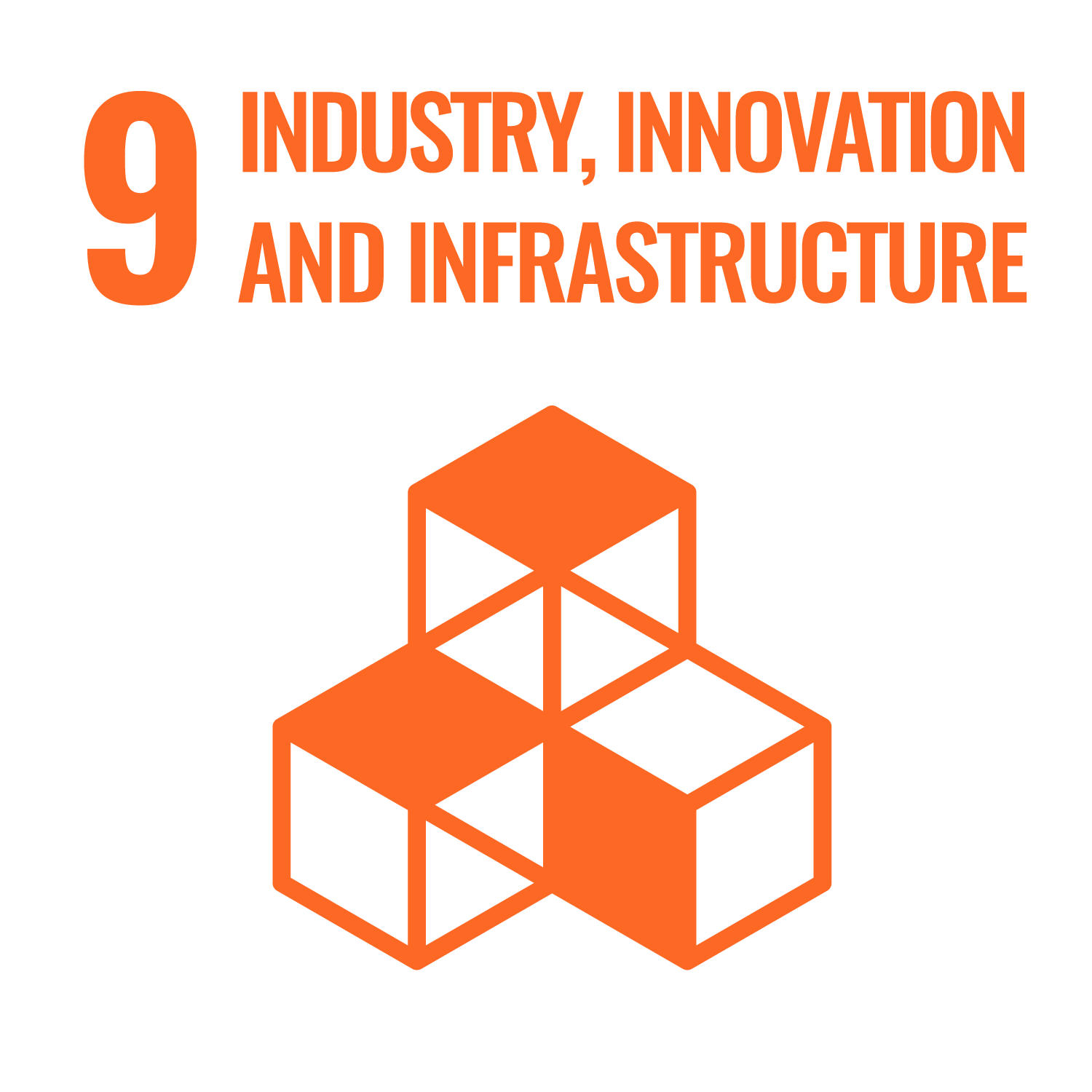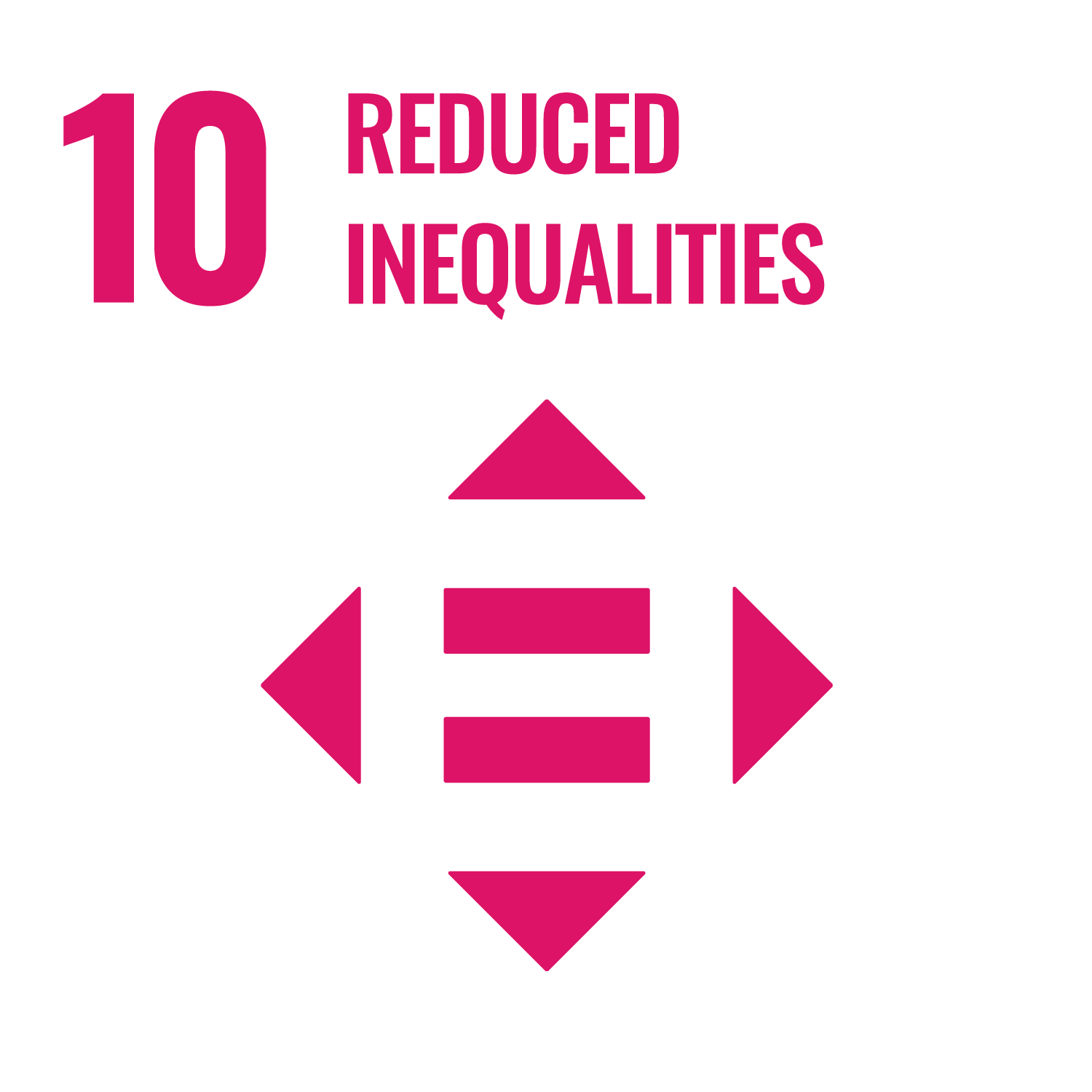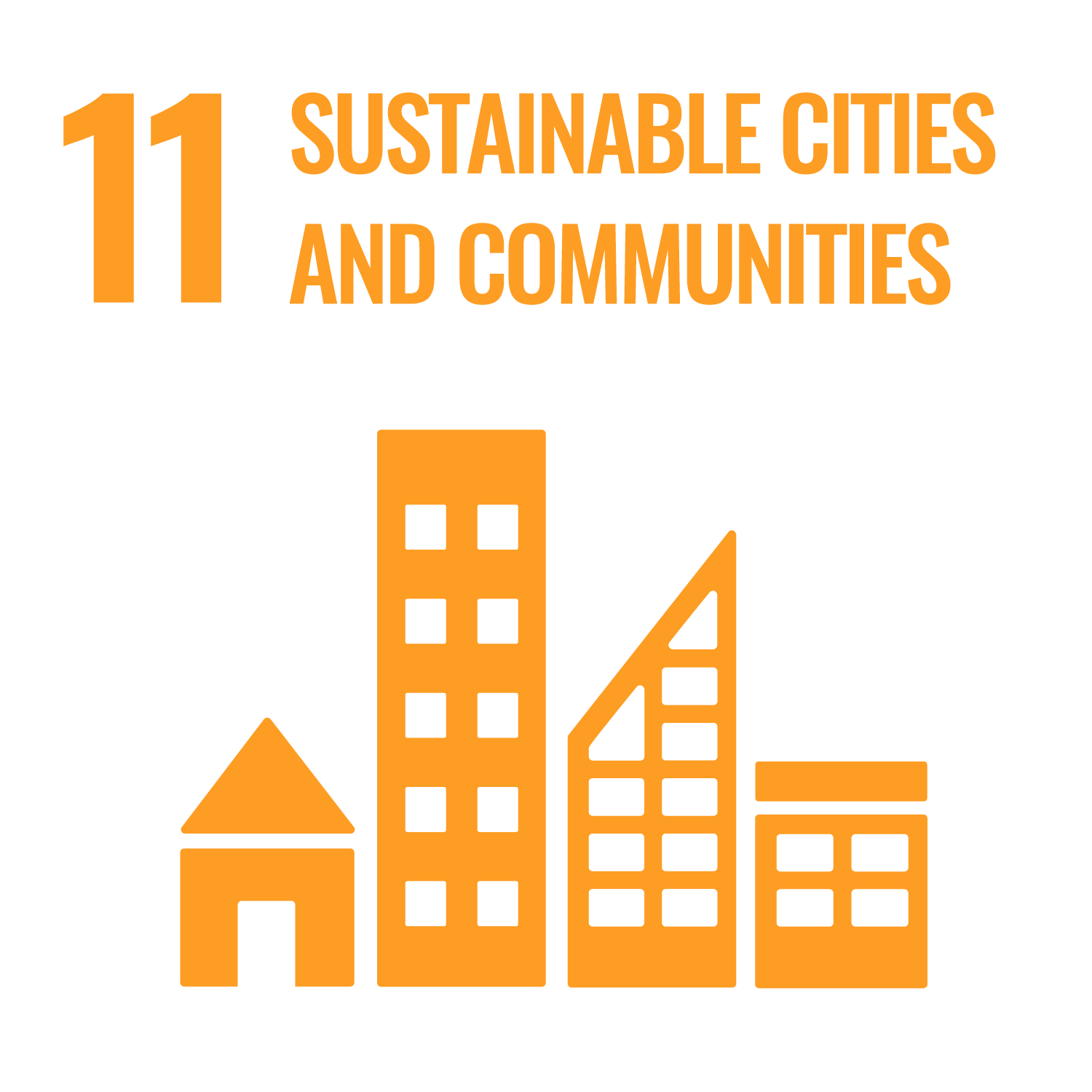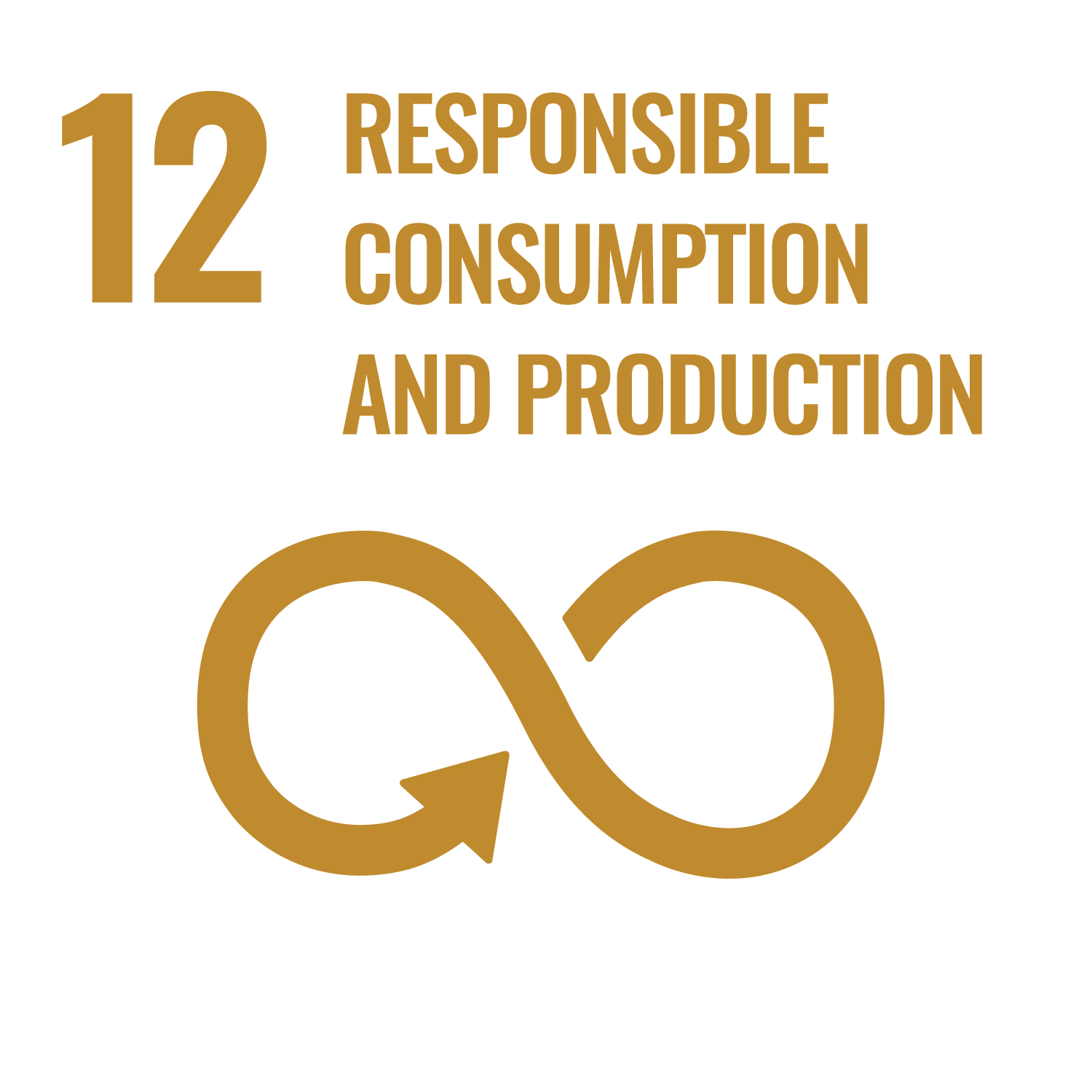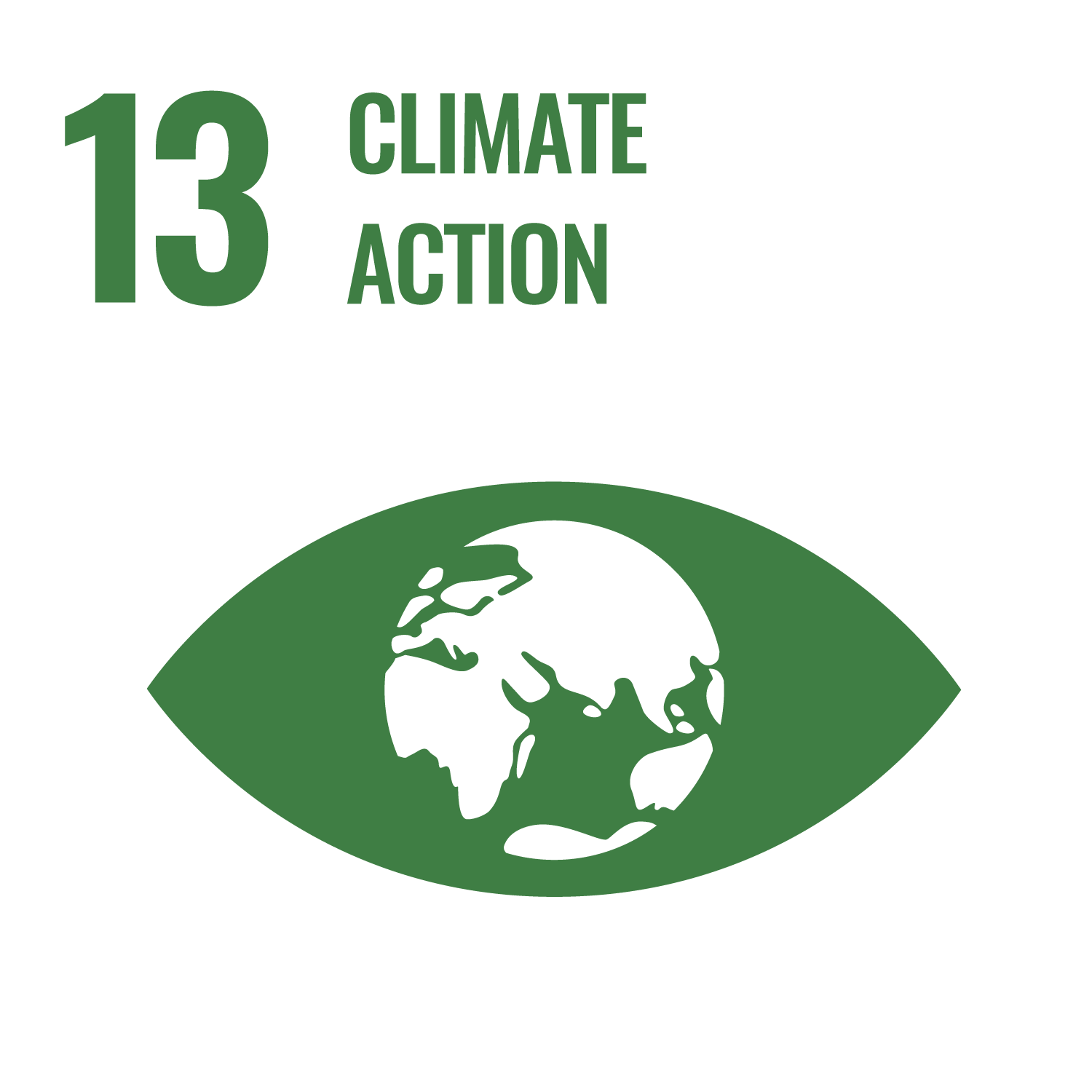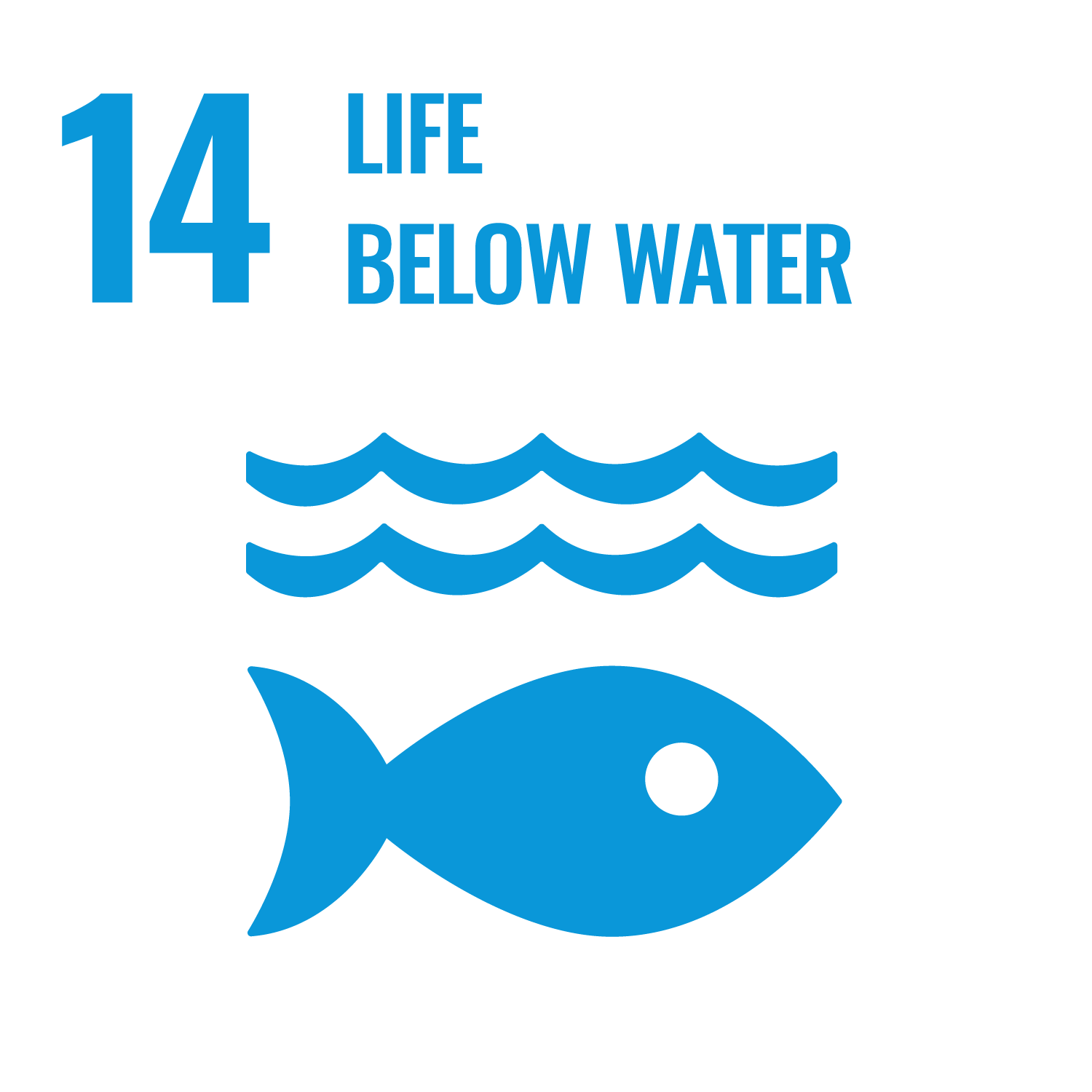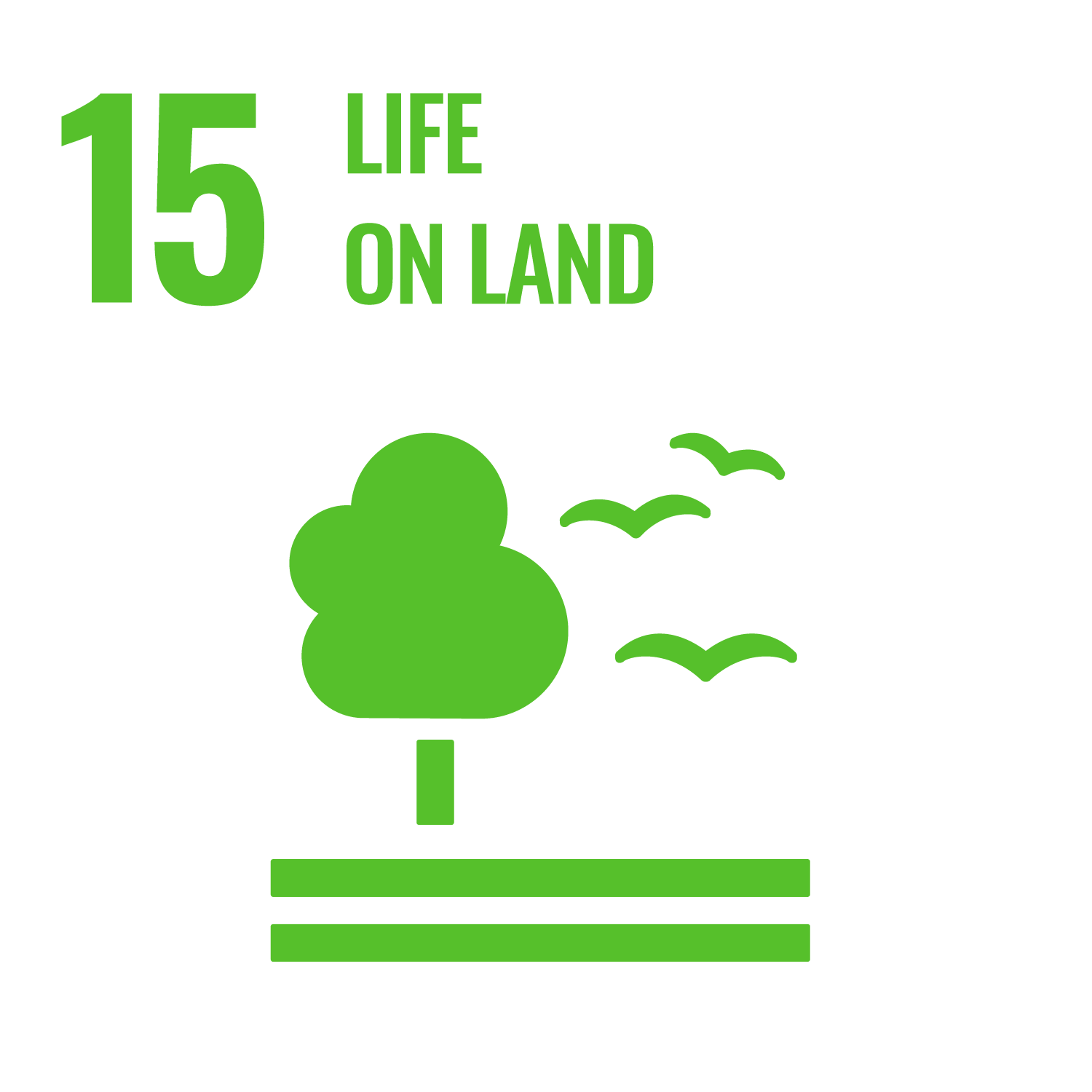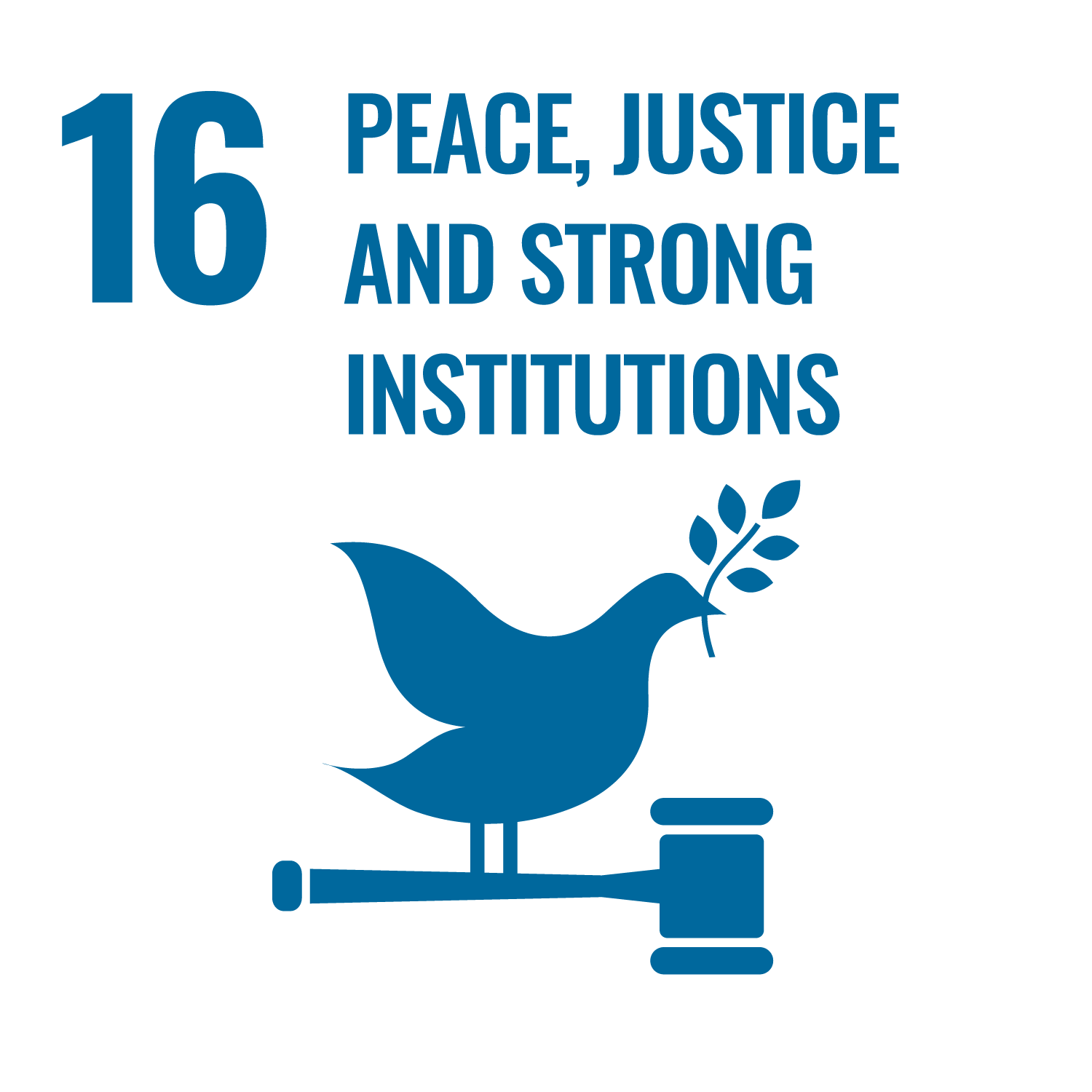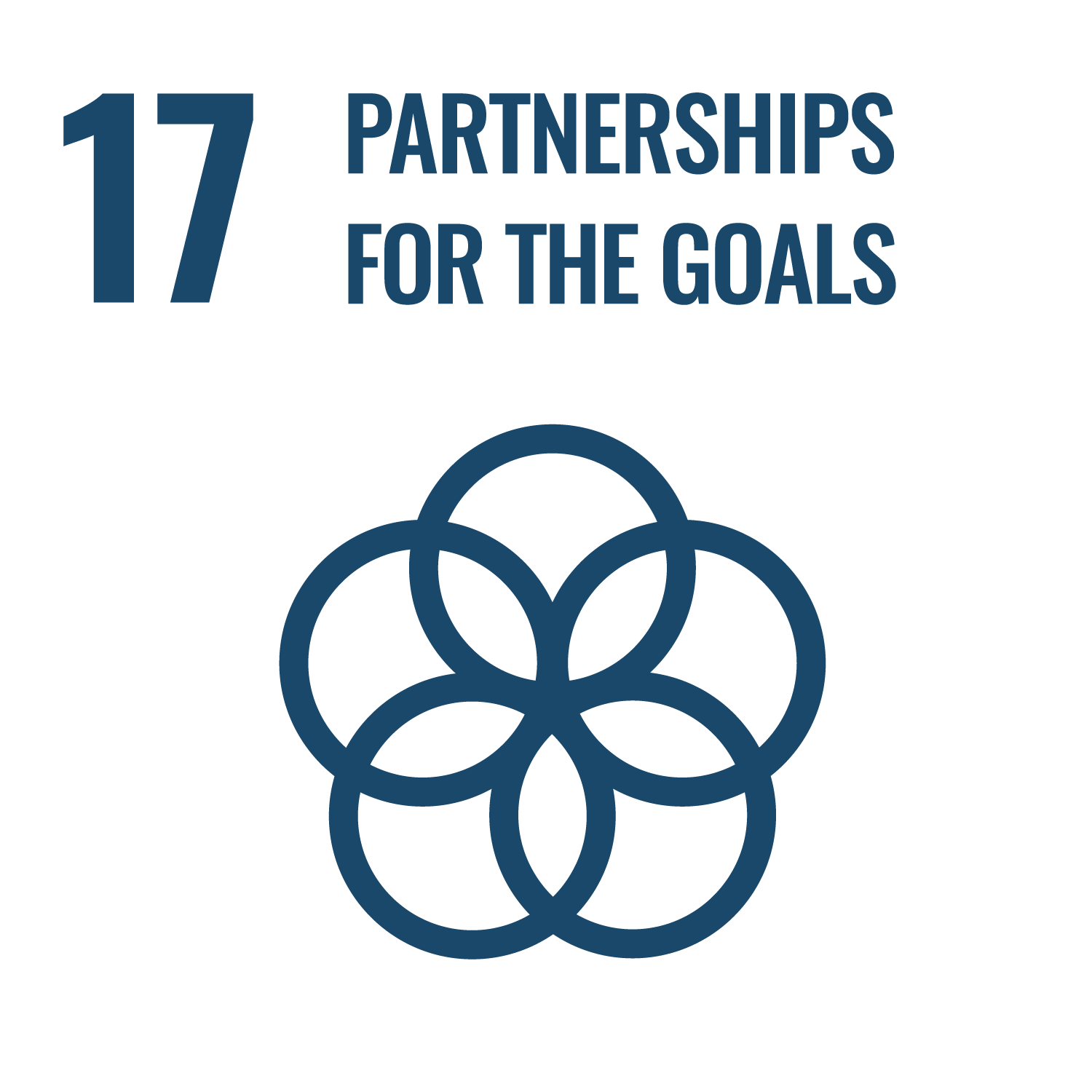SDG Localization
Building on the accomplishments of their predecessors the Millennium Development Goals, the SDGs are unique in that they call for action by all countries, poor, rich and middle-income to promote prosperity while protecting the planet. They recognize that ending poverty must go hand-in-hand with strategies that build economic growth and addresses a range of social needs, including education, health, social protection, and job opportunities, while tackling climate change and protecting the environment.
Goal 1. End poverty in all its forms everywhere.
Goal 2. End hunger, achieve food security and improved nutrition, and promote sustainable agriculture.
Goal 3. Ensure healthy lives and promote well-being for all at all ages.
Goal 4. Ensure inclusive and equitable quality education and promote lifelong learning opportunities for all.
Goal 5. Achieve gender equality and empower all women and girls
Goal 6. Ensure the availability and sustainable management of water and sanitation for all.
Goal 7. Ensure access to affordable, reliable, sustainable, and modern energy for all.
Goal 8. Promote sustained, inclusive and sustainable economic growth, and full and productive employment and decent work for all.
Goal 9. Build resilient infrastructure, promote inclusive and sustainable industrialization, and foster innovation.
Goal 10. Reduce inequality within and among countries.
Goal 11. Make cities and human settlements inclusive, safe, resilient and sustainable.
Goal 12. Ensure sustainable consumption and production patterns.
Goal 13. Take urgent action to combat climate change and reduce its impacts.
Goal 14. Conserve and ensure the sustainable use and development of the oceans, seas, freshwater bodies and marine resources.
Goal 15. Protect, restore and promote the sustainable use of terrestrial ecosystems, sustainably manage forests, combat desertification, halt and reverse land degradation, and halt biodiversity loss.
Goal 16. Promote peaceful and inclusive societies for sustainable development, provide access to justice for all, and build effective, accountable and inclusive institutions at all levels.
Goal 17. Strengthen the means of implementation and revitalize the global partnership for sustainable development.
For details of the 17 goals and 169 targets, visit the United Nations SDG webpage.
Since its inception in early 2018, SDSN Hong Kong has led, supported and participated in a wide range of activities that address some of the most pressing challenges in sustainable development and support the implementation of the SDGs in Hong Kong and beyond. These activities sparked dialogue and action and helped SDSN Hong Kong identify and create opportunities to pursue sustainability solutions with others. The key activities of SDSN Hong Kong are as follows:
Jockey Club Museum of Climate Change, The Chinese University of Hong Kong (CUHK)
|
Established in December 2013, the Jockey Club Museum of Climate Change (MoCC) is the first museum of its kind in the world. It offers an interactive, multimedia exhibition that showcases valuable collections and important information about climate change. Since its inception, MoCC has hosted over 1.3 million exhibition visitors and served millions of members of the public through exhibitions and educational activities on the theme of SDG13, Climate Action and sustainability, such as Green Family Fair, Mobile Museum, SDG Ambassadorship, ECF Future Museum Curators and Waste Reduction Project. More examples of new initiatives to advance SDGs: ‘Mobile Jockey Club MoCC’: Since December 2017, MoCC has been reaching out to the public through Mobile Jockey Club MoCC, a collection of portable modular exhibits selected from the museum, which provide a ‘snapshot experience’ of visiting the actual museum. A new Mobile Jockey Club MoCC series, called ‘Climate Change and Me’, was launched in November 2018. Read more> Themed Exhibitions: SDSN Hong Kong and MoCC joined hands with other organizations to promote the SDGs in the local context and address some of the key challenges of sustainable development through themed-based exhibitions. Recent examples include:
A Plastic Ocean: Screening and Forum: Organized by MoCC to advance SDGs 6 (Clean Water and Sanitation) and 14 (Life below Water), the event, which took place in April 2018, showcased and discussed the devastating impact of plastic on the oceans and how plastic threatens marine life, human health and the overall ecosystem. In the forum, the guests shared with the audience their views on plastic pollution and proposed effective ways to tackle the problem. Read more> Green Family Day 2018: This two-day annual carnival, held in May 2018, was hosted by MoCC to convey sustainable development knowledge and green messages to the local community. It featured a wide variety of fun-filled activities, including upcycling workshops and a mobile exhibition. Read more> |
SDG Youth Survey |
|
SDSN Hong Kong has commissioned two rounds of survey on young people to gauge their awareness of the SDGs and their opinions about sustainable development in Hong Kong. The first round was conducted in 2018, second round in 2022. The survey mainly covered the following areas: i) understanding of and opinions towards the ‘Sustainable Development Goals’ (SDG) stipulated in the UN ‘2030 Agenda for Sustainable Development’, ii) Opinions towards the promotion of sustainable development in Hong Kong, iii) Understanding of and opinions towards ‘social enterprise’ and ‘social innovation’. The purpose of the survey was to collect useful data for the establishment of ‘SDSN Youth Hong Kong’. The survey findings will also help SDSN Hong Kong identify priorities for its work and the SDGs to achieve the most effective outcomes. Read more> |
SDG Forum Series |
|
SDSN Hong Kong ran an SDG Forum Series to address a variety of SDG challenges. Recent examples include:
|
Distinguished Lecture on Sustainable Development |
|
Together with the CUHK Jockey Club Institute of Ageing, SDSN Hong Kong organized the first Distinguished Lecture on Sustainable Development in November 2018. Professor Sir Michael Marmot, from University College London, was invited to speak on the important topic ‘Health Equity and Sustainable Development’. |
Jockey Club UNESCO Hong Kong Association Global Citizenship Education Project |
|
The Hong Kong Jockey Club Charities Trust supports UNESCO Hong Kong in implementing a two-year Global Citizenship Education Project (from September 2018), with the aim of fostering global citizenship through SDG-related education and activities among secondary and tertiary students, and inspire them to take an active role in global sustainability issues. The education programme includes drama performances, workshops, seminars, role plays, exchanges, festivals and experiential games. |
Philanthropy for Better Cities Forum, convened by The Hong Kong Jockey Club Charities Trust |
|
Convened by The Hong Kong Jockey Club Charities Trust, this is the first philanthropy forum of its kind in the region focusing on urban social issues. As a supporting partner, SDSN Hong Kong hosted a session in the philanthropy forum on the topic ‘Attaining Sustainable Development Goals in Cities’ in September 2018, with Ms Chandrika Bahadur, President of the Sustainable Development Solutions Network (SDSN) Association, as the moderator of the panel discussion. Read more> |
‘Why are we so miserable when things are getting better?’ Seminar co-organized by The Hong Kong Jockey Club Charities Trust and Hong Kong Foundations Exchange |
|
Led by Dame Minouche Shafik, Director of London School of Economics and Political Science (LSE) and Lord Nicholas Stern, Chair of Grantham Research Institute on Climate Change and the Environment at LSE, the seminar, which took place in November 2018, discussed current social trends and global challenges in economics and politics, and sustainability and climate change, as well as action taken, particularly by China, India and others. Read more> |
Institute of Environment, Energy and Sustainability, CUHK |
|
The Institute is engaged in ongoing global and local cross-boundary partnerships with universities, institutes, organizations and governments from Australia, Japan, Mainland China, the Netherlands, Norway, Taiwan, the UK and the US, among others, in the areas of climate change, environmental monitoring and management; energy technology and conservation; sustainable urban environment and public health; environmental policy and governance; and the environment of China. Examples of active research include:
The Institute also conducts collaborative research with other universities and government bodies. For example:
The network of climate change and sustainability research is also being extended to include various international partners, including the University of Exeter, UK, and the University of Sydney, Australia. |
Institute of Future Cities, CUHK |
|
The Institute is involved in ongoing global and local cross-boundary partnerships with universities, institutes, organizations and governments from France, Japan, Mainland China, the Netherlands, Taiwan, the UK, and the US, among others, in the areas of (1) urban history, culture and media; (2) land resources and housing policy; (3) community and place governance; (4) urban sustainability; and (5) urban informatics. The Institute is collaborating with Hong Kong Science and Technology Parks to set up a ‘smart region living lab’ to pilot smart city applications on both campuses. It is expected that the first batch of pilot projects will be implemented within three years, and there are plans to extend the pilot projects beyond Science Park and CUHK in the Shatin community, e.g., The Hong Kong Jockey Club, the Hong Kong Sports Institute and residential buildings, to see how these solutions can be applied on their properties. |
CUHK–University of Exeter Joint Centre for Environmental Sustainability and Resilience (ENSURE) |
|
The Joint Centre aims to engage researchers from different disciplines to tackle emerging issues related to the changing environment, and human health and well-being. The main objectives of ENSURE are as follows: (1) To engage in large, impactful interdisciplinary collaboration, not only to understand the complex physical and socioeconomic basis and evaluate the health and ecological impact of global environmental change, but also to tackle environmental threats, including climate change, air and water pollution, and biodiversity loss, in an integrated approach; (2) To serve as a platform for international academic exchange, promoting policy-related works and nurturing the next generation of young researchers; and (3) To engage and co-create solutions with local and wider communities and other stakeholders affected by climate and other environmental changes to meet societal needs and global challenges. |
The CUHK Jockey Club Institute of Ageing |
|
The CUHK Jockey Club Institute of Ageing is engaged in ongoing global and local cross-boundary partnerships with universities, institutes and organizations from Australia, Japan, Mainland China, South Korea, Malaysia, Taiwan, the UK and the US. The Institute undertakes cross-disciplinary research related to the health and well-being of older people. Examples are as follows:
|
JC–CUHK Climate Action |
|
This is a community outreach programme (2017–2020) funded by The Hong Kong Jockey Club Charities Trust and hosted by CUHK, whose aim is to localize the SDGs and to promote climate action, environmental conservation and sustainability in local communities through public education and carbon- and waste-reduction partnerships with schools and non-governmental organizations. |
The Drama of Climate Change: The Creation of a Low-carbon Future |
|
The Jockey Club Museum of Climate Change obtained funding support from the Environment and Conservation Fund of the Hong Kong SAR Government to launch a two-year (2018–2020) engagement project, underpinned by a ‘Theatre in Education’ approach and experiential learning. The aim of the project is to educate the public, especially primary school students, on the subjects of climate change and carbon reduction, and on the importance of making green choices and taking green action to ensure a low-carbon future. |
CUHK I•CARE Programme |
|
Established in 2011, the I•CARE Programme is designed to echo The Chinese University of Hong Kong’s devotion to nurturing well-rounded graduates to serve the needs and enhance the well-being of the citizens of Hong Kong, Mainland China, and the wider global community. The programme comprises: (1) a University Lecture on Civility, (2) a Social Service Projects Scheme, (3) a Local Poverty Alleviation Initiative, (4) a Community Research Scheme, (5) a Social Enterprise Start-up Scheme, and (6) an NGO Internship Programme. |
SDSN Youth |
|
SDSN Hong Kong established a Hong Kong Chapter of SDSN Youth in December 2018, aimed at empowering youth globally to create sustainable development solutions. The new platform creates opportunities for young people in Hong Kong to connect, collaborate and integrate their ideas and perspectives into national and regional pathways for attaining the SDGs. |
|
Jockey Club Sustainable Campus Consumer Programme
|
|
Funded by HKJC, the programme implements a series of campus improvement and education initiatives in all 8 UGC-funded universities in Hong Kong (7 out of the 8 are SDSN Hong Kong members) over a three-year period. Major initiatives include: i) Reducing overall campus energy consumption, ii) Developing takeaway container borrowing programmes, iii) Raising awareness and understanding of eco-labelling. |



